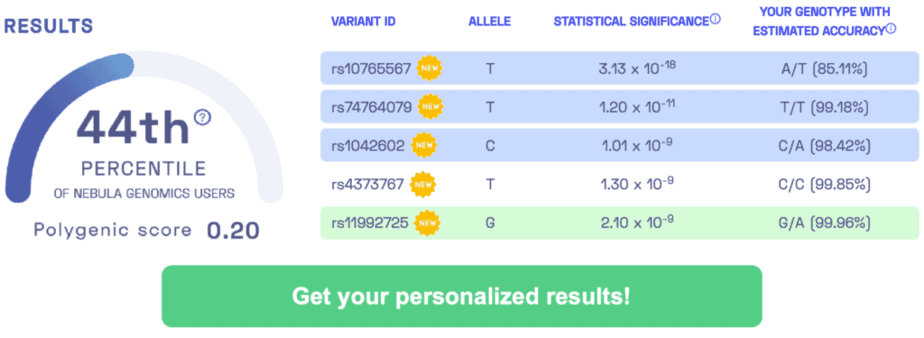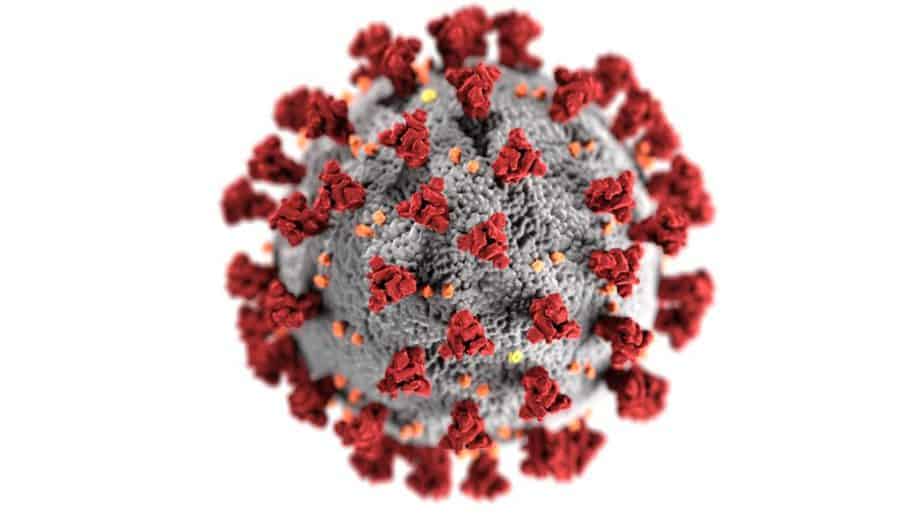STUDY TITLE: Polymorphisms of interferon-inducible genes OAS-1 and MxA associated with SARS in the Vietnamese population
SUMMARY: Discovery of a genetic variant in the OAS-1 gene associated with increased risk of severe acute respiratory syndrome (SARS) coronavirus infection.
OVERVIEW: In 2003, severe acute respiratory syndrome (SARS) coronavirus emerged in China. It spread to countries in Asia, Europe, and North America, leading to a total of ~ 8,000 cases. SARS is an infectious disease that can cause flu-like symptoms, including fever, coughing, and shortness of breath. While multiple clinical risk factors for developing SARS, such as being over the age of 60 or having diabetes, have been identified, little is known about how genetics affects the susceptibility to SARS coronavirus infection. This study used genetic data from 147 Vietnamese individuals, 60 of which were SARS patients, and discovered a genetic variant (rs2660) in the OAS-1 gene that is associated with susceptibility to infection with the SARS coronavirus. Specifically, the G allele of the variant rs2660 was linked to increased susceptibility to infection with the SARS coronavirus. (Note: This study is not a genome-wide association study. Only a few variants were genotyped selectively.)
DID YOU KNOW? The SARS-CoV virus which caused the 2003 SARS outbreak is very similar to SARS-CoV-2 which is responsible for coronavirus disease 2019 (COVID-19) pandemic. [SOURCE]
SAMPLE RESULTS: Learn more about the Nebula Research Library.

ANALYZED VARIANTS: rs2660
ADDITIONAL RESOURCES:
Severe acute respiratory syndrome (SARS)
SARS: The people who risked their lives to stop the virus
WEEKLY UPDATE: March 23, 2020
For updates on the genetics of COVID-19 visit: https://nebula.org/blog/category/science/
You can learn more about at-home coronavirus tests in our review!
